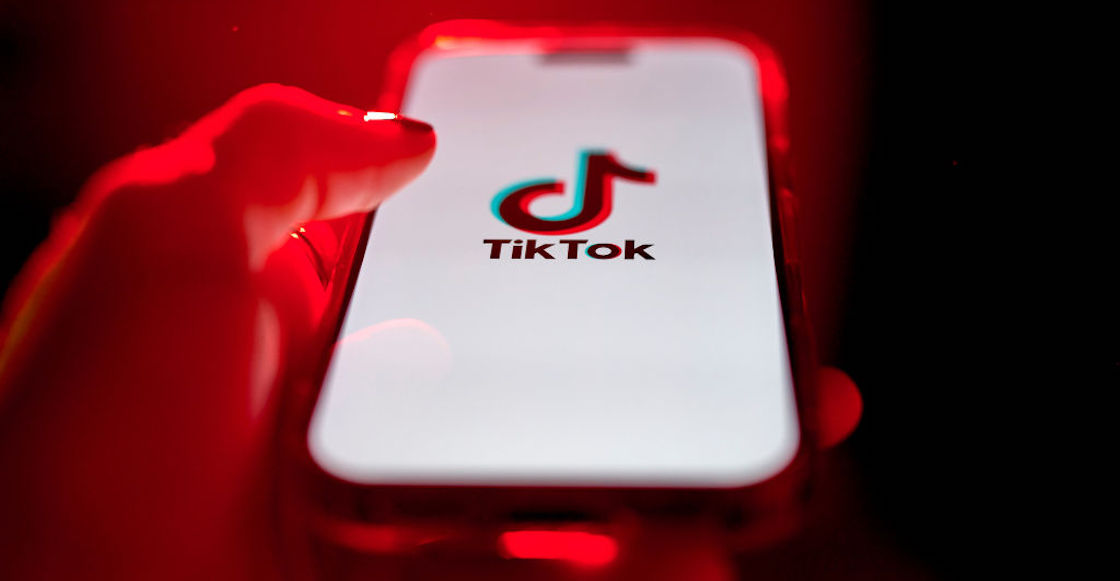Are you a TikTok devotee, fretting over how you'll stay connected when the digital world shifts? The future of TikTok in the United States hangs in the balance, potentially disappearing on January 19th.
The House of Representatives in the U.S. approved a bill, igniting a flurry of concern among the platform's massive user base. This legislation, mirroring actions taken in 27 other countries that have already restricted or outright banned functions of the immensely popular short-video platform. The question on everyone's lips: Why is TikTok potentially facing a shutdown in the United States come January 19th?
The core of the issue stems from a confluence of factors, primarily revolving around national security concerns and the geopolitical landscape. The ownership of TikTok by the Chinese company ByteDance Ltd. is at the heart of the matter. The U.S. government, along with several other nations, harbors anxieties regarding the potential for the Chinese government to access user data or exert influence over content, thereby posing a threat to data security and potentially allowing for espionage and propaganda. This has led to a complex interplay of political pressure and technological restrictions.
In April, outgoing President Joe Biden signed a comprehensive law that prohibits TikTok in the United States if its parent company, ByteDance, doesn't divest its U.S. assets. This crucial deadline, set for January 19th, looms large, hanging the future of TikTok's presence in the country by a thread. TikTok itself has acknowledged the potential for a complete shutdown, with the app displaying only a black screen to users upon launch if the ban is enforced.
The potential prohibition of TikTok in the United States highlights the escalating technological tensions between Washington and Beijing, emphasizing the growing concerns about data security in our interconnected world. This shift has sent shockwaves through the tech industry, drawing both Apple and Google into the complex geopolitical fray. The effects of this decision extend far beyond the digital realm, influencing global markets and impacting the daily lives of millions.
As the January 19th deadline approaches, millions of users and content creators are actively seeking out alternative platforms to continue their online activities. The uncertainty surrounding TikTok's fate has fostered a wave of discussions about the future of social media and the power of data privacy. This disruption has also spurred innovation, with new platforms emerging to fill the potential void left by TikTok.
The legal battles around the app extend to the Supreme Court, where a verdict in favor of the ban would further solidify TikTok's bleak future. The situation remains fluid, with the possibility of legal challenges and last-minute interventions. The app, once seen as a digital playground for entertainment and connection, is now entangled in international politics and data security concerns.
While the exact timeline remains uncertain, TikTok has stated that it plans to cease operations in the United States in January if the Supreme Court does not overturn or postpone the legislation's implementation date. This decision underscores the platform's commitment to complying with regulatory requirements and protecting its user base.
However, it's worth noting that the situation is not the same worldwide. Other nations, such as Russia and Indonesia, are also considering actions against the app. In Russia, TikTok has faced heavy fines for hosting content considered inappropriate. In Indonesia, TikTok Shop faced increasing restrictions.
Here's a glimpse into the complex web of facts and perspectives surrounding TikToks future:
| Aspect | Details |
|---|---|
| What's Happening | TikTok faces a potential ban in the U.S. due to national security concerns. |
| Key Players | TikTok (owned by ByteDance), U.S. Government, content creators, users. |
| Why the Concern? | Data security, potential for espionage, propaganda influence due to Chinese ownership. |
| The Deadline | January 19th, 2025, is the potential shutdown date if ByteDance doesn't sell. |
| What Happens Next? | Supreme Court decision, legal challenges, potential divestiture, user migration to alternatives. |
| Impact | Geopolitical tensions, impact on tech industry, user disruption, data privacy concerns. |
| Other Countries | Restrictions or bans in various countries, including some in Europe and Asia. Russia and Indonesia also considering restrictions. |
| Alternative platforms | YouTube Shorts, Instagram Reels, and other platforms are likely to gain popularity |
| Source | The New York Times |
The situation remains in flux. Legal battles and policy shifts will determine the fate of TikTok in the United States, and indeed, the platforms global role. The discussions surrounding its possible closure and its subsequent effects are sure to affect the wider landscape of the tech and social media industry.
In the U.S., as in the 27 nations that have taken steps to restrict or ban the app, there is a palpable concern. The U.S. government is particularly worried that the Chinese company, ByteDance, has access to user data. This could be used for espionage and propaganda, or to influence people's behavior. However, Mexico's government has indicated that it is not planning to ban the app at this moment.
While the official date that TikTok will cease to operate in the U.S. is January 19th, the decision of the Supreme Court might delay it or reverse the ban altogether. For TikTok aficionados in the U.S., the coming weeks will tell the tale. For the platform itself, it may be an exit from the American market.


